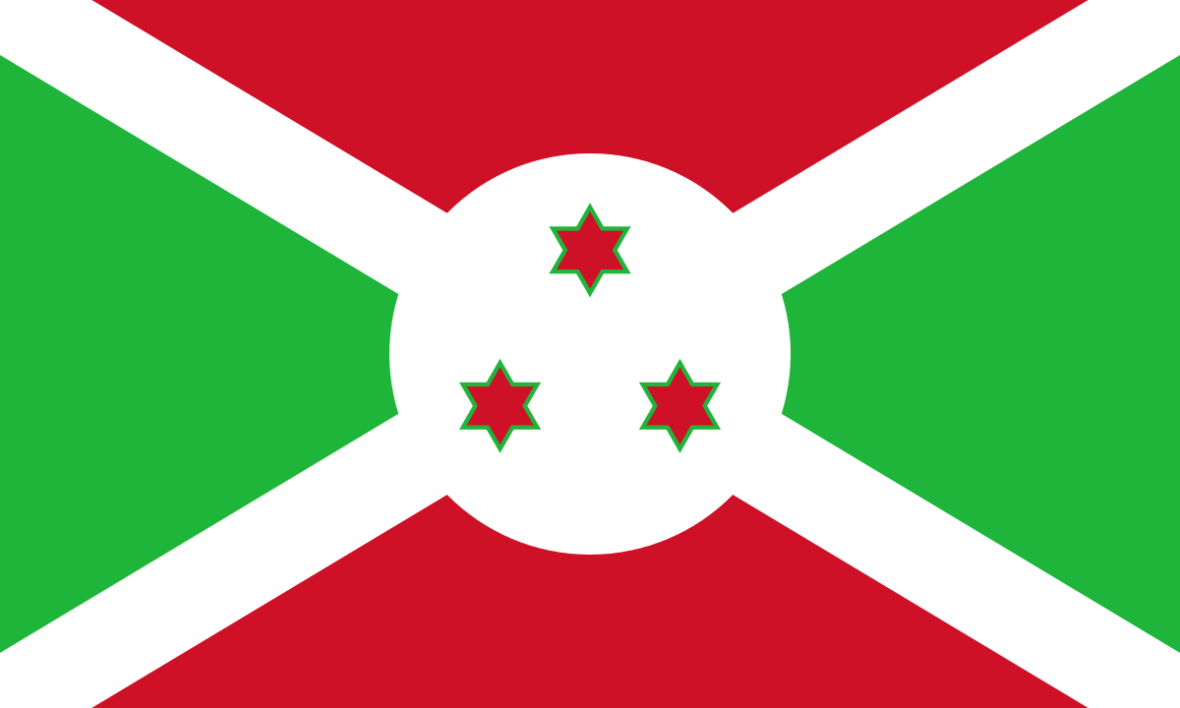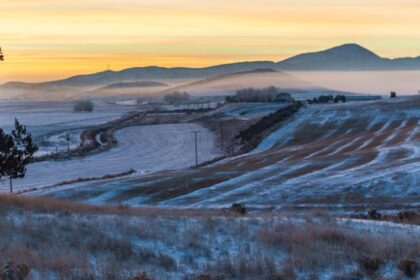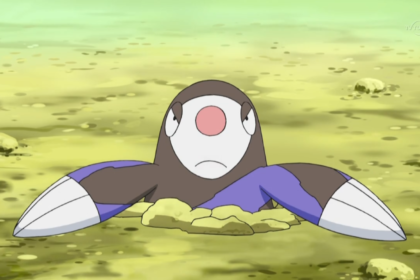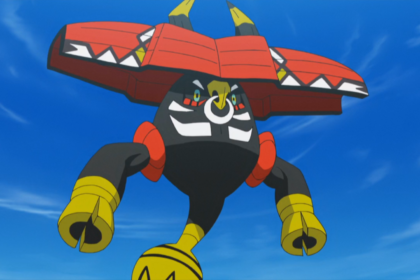Burundi is a landlocked country in the African Great Lakes region of East Africa. It’s bordered by Rwanda to the north, Tanzania to the east and south, and the Democratic Republic of the Congo to the west. The southwestern border is adjacent to Lake Tanganyika.
1. The Twa, Hutu and Tutsi people have lived in Burundi for at least 500 years.
2. For more than 200 years, Burundi was an independent kingdom, until the beginning of the 20th century, when Germany colonized the region.
3. After World War I and Germany’s defeat, it ceded the territory to Belgium.
4. Both the Germans and the Belgians ruled Burundi and Rwanda as a European colony known as Ruanda-Urundi.
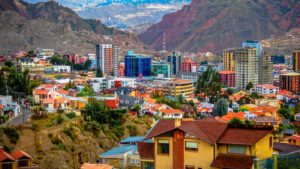
5. Despite common misconceptions, Burundi and Rwanda had never been under common rule until the time of European colonization.
6. Burundi gained independence in 1962 and initially had a monarchy, but a series of assassinations, coups and a general climate of regional instability culminated in the establishment of a republic and one party state in 1966.
7. Bouts of ethnic cleansing and ultimately two civil wars and genocides during the 1970s and again in the 1990s left the country underdeveloped and its population as one of the world’s poorest.
8. In 2015, large scale political strife occurred as President Pierre Nkurunziza opted to run for a third term in office.
9. Burundi’s political system is that of a presidential representative democratic republic based upon a multi-party state. The President of Burundi is the head of state and head of government.
10. On March 13, 1992, Tutsi coup leader Pierre Buyoya established a constitution which provided a multi party political process and reflected multi party competition.
11. On June 6, 1998, the constitution was changed which broadened National Assembly seats and making provisions for two Vice Presidents.
12. Burundi is an overwhelmingly rural society, with just 13% of the population living in urban areas in 2013.
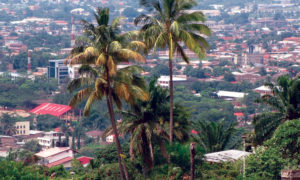
13. About 85% of the population is of Hutu origin, 15% are Tutsi, and fewer than 1% are indigenous Twa.
14. The official languages of Burundi are French and Kirundi, although Swahili can be found spoken along the Tanzanian border.
15. The country’s motto, “Ubumwe, Ibikorwa, Iterambere,” means “Unity, Work, Progress” in Kirundi.
16. Burundi won a gold medal in 1996 for the first time in Olympic history. In doing so, it became the poorest country to ever win an Olympic gold medal. The medal was won by Burundi’s runner Venuste Niyongabo in the 5000 meter race.
17. Group jogging is banned in Burundi. In 2014, the country’s president banned the activity, stating that such walks help people plan anti-government activities.
18. Due to farming and overgrazing, deforestation and soil erosion are becoming concerns for the population of the country.
19. The first Prime Minster, Louis Rwagasore, was assassinated a few weeks after his election.
20. Melchior Ndadaye became the nation’s first Hutu leader when he was elected as president in 1993.
21. Protein and fat intake is very low among people in Burundi. As a result of that, a disease known as kwashiorkor is common.
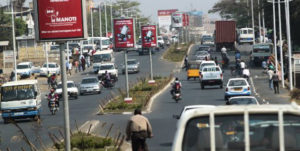
22. Beer, which is an important part of social interactions in Burundi, is drunk through straws.
23. When a cow dies in Burundi, its meat is eaten and the horns are planted in the soil near the house. People in Burundi believe that this brings them good luck.
24. The economic and political control of the country has been mainly in the hands of the Tutsi people, who have repressed the Twa and the Hutu majority.
25. Hutus were agricultural people who were short and square, while the Tutsi were the cattle owning elite who were tall and thin.
26. Cows play a significant role in the national culture. A typical Kirundi greeting, “Amashyo,” translates as “may you have herds of cattle.” Cattle are a symbol of health, happiness and prosperity.
27. An estimated 200,000 people were killed during the 12 years of civil war in Burundi.
28. Mount Heha is the highest point of Burundi, with an altitude of 2,670 meters, or 8,759 feet. The lowest point is Lake Tanganyika at 772 meters, or 2,532 feet.
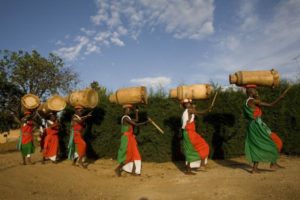
29. The major rivers include the Kanyaru, MAlagarasi, Rusize and Ruvubu, and significant lakes include the Cohaha, Rwero and Lake Tanganyika.
30. Lake Tanganyika is the second oldest freshwater lake in the world, second largest by volume and the second deepest.

